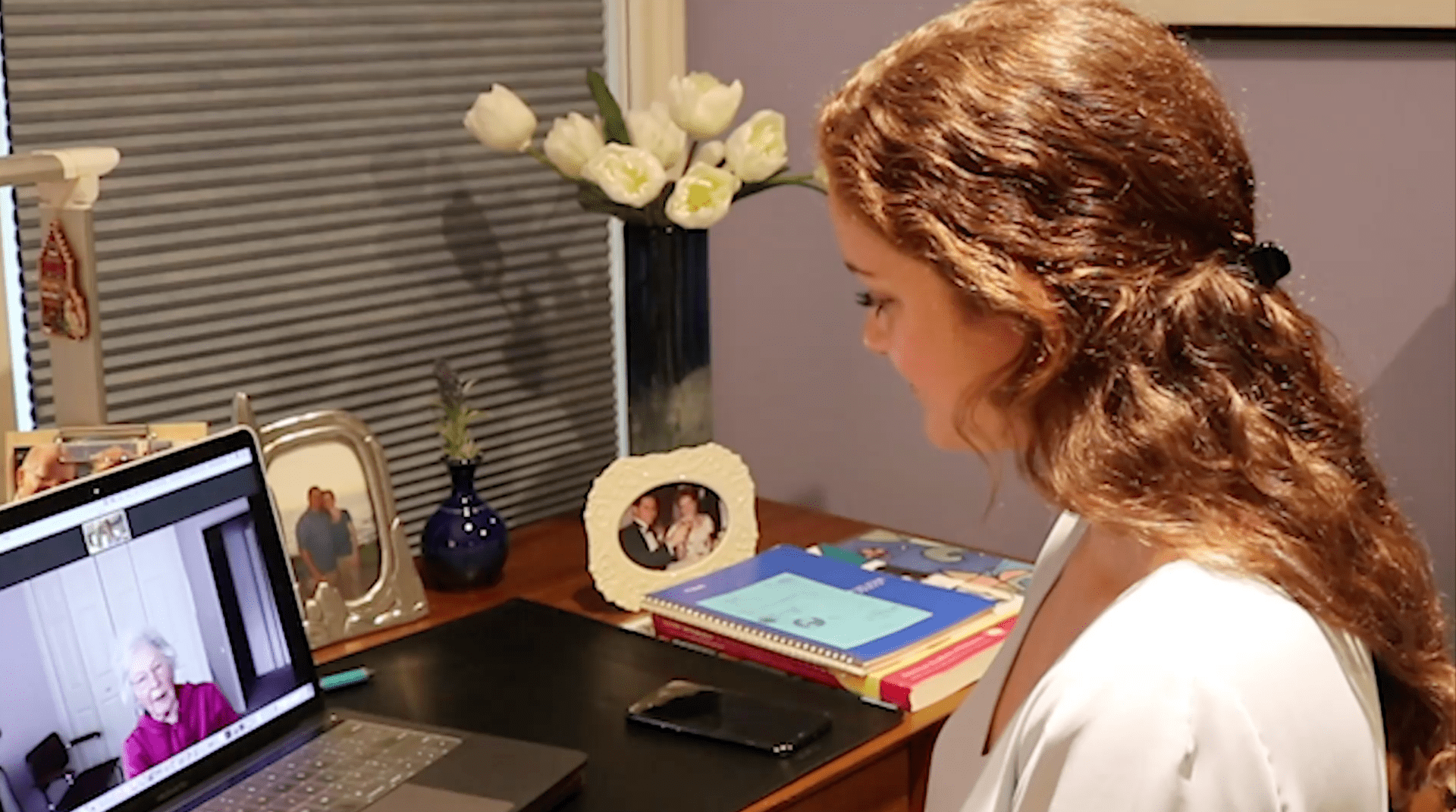As an incoming journalism student, I had no idea what my Northwestern and Medill journey would look like. I knew I loved talking to people. I knew I loved telling stories. I ultimately knew I loved uplifting communities that are usually not featured in mainstream media.
During my first two years at Northwestern, I dove into the broadcast field, reporting and producing for our student-run broadcast show, the Northwestern News Network. I traveled to Chicago to report on LGBTQ+ homelessness and reproductive rights issues within an Illinois primary campaign. I loved telling stories through video, catching the emotions of someone who deeply wants to be heard, to share part of their life with you.
While I loved talking to people through video and for our show, I felt like I needed to try something new. I wanted to delve into another realm of journalism, but did not know exactly which. Winter quarter of my junior year, I decided to take Intro to Investigative Reporting with Professor Desi Handford, alongside our D.C. based director of investigative reporting Debbie Cenziper. It was the first year of the Medill Investigative Lab at Northwestern, where students would eventually investigate and report on a specific topic as a group and then travel to D.C. to continue reporting.
Throughout the quarter, I teamed up with a classmate and reported on immigration in Texas, interviewing sources and scouring documents and data. I remember loving the thrill of finding a solid piece of data to match the emotional quotes from our sources. I saw that investigative reporting can produce change, can elevate those left off of the stage, and can hold powerful institutions accountable. Little did I know, this class was just the start of a summer of investigative reporting.
When school went remote and our class ended, I thought that my trial run in investigative reporting was over. Just weeks into the spring quarter, Debbie Cenziper told me our immigration story was on hold and there was something troubling with the spread of COVID-19 in nursing homes. She brought me and my reporting partner on to help her break investigative stories with The Washington Post. From my home in Ann Arbor, Michigan, I investigated the spread of COVID-19 in nursing homes by sifting through Medicare reports as well as calling State Health Departments to create a database of more than 2,000 COVID-19 infected nursing homes. I saw our reporting make an impact for the first time. Legislators were reading our stories and seeing the harm done in nursing homes.
I was able to bring my journalism education, specifically my interviewing techniques, researching tactics and overall writing tone, into real-world reporting. I finally felt confident in being a credible and empathetic journalist, something I have always strived to be. With the help of Professor Cenziper, I went on this summer to write stories for The Washington Post that emerged from the nursing home crisis. While I hope to find a way to merge my newfound passion for investigative reporting with my video and broadcast experience, I am beyond grateful for the opportunity to contribute to this crucial coverage during this pandemic.
Due to the COVID-19 pandemic, I lost my internship in New York. However, staying on with the Medill Investigative Lab did not function as a replacement but rather as one of the most rewarding experiences I have been a part of at Northwestern.
